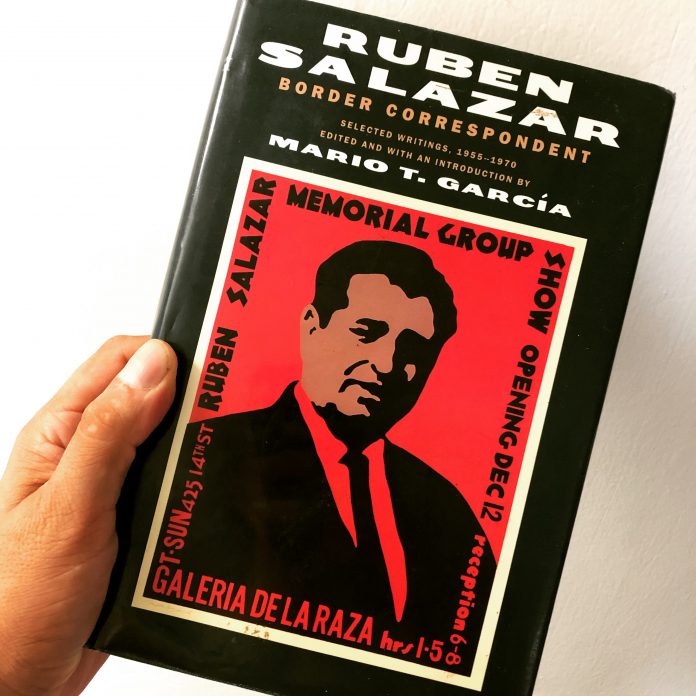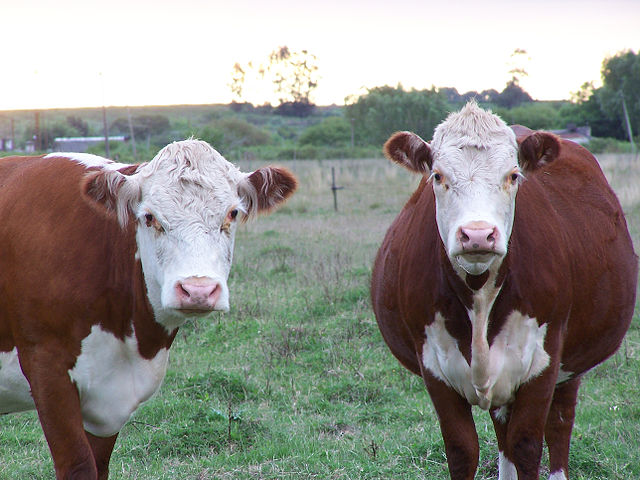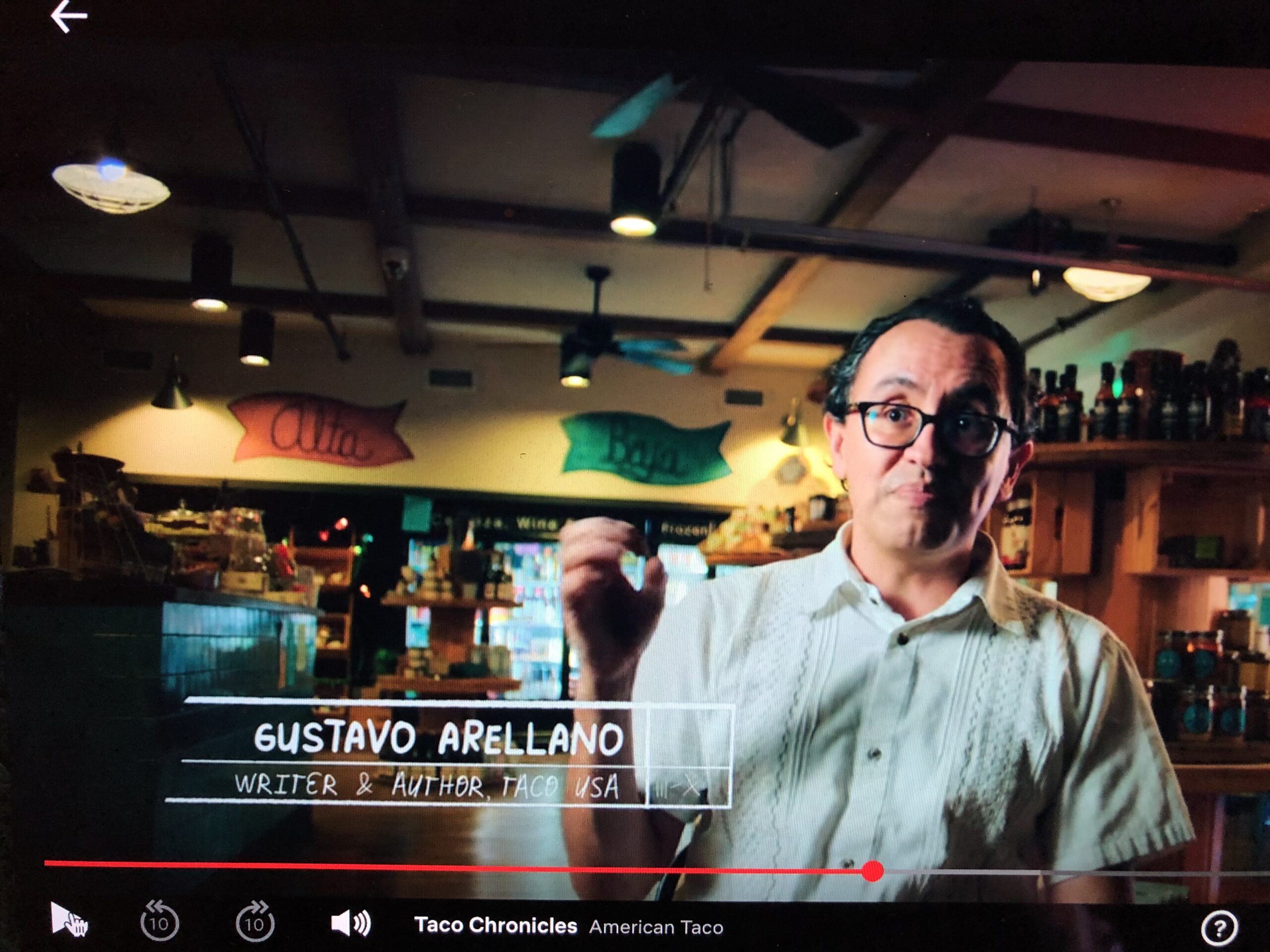Gentle cabrones:
It’s graduation season again, which means I’m getting invited to give commencement speeches again
Giving a private one tomorrow at a outdoor graduation party, and giving a high school one later this month…somewhere…
Commencement speeches are the only time I ever write out what I’m going to say. Frankly, I’m far better off the cuff than I am reading off the page.
But I write them out, because I take my invitations seriously. If you’re willing to sit in the hot sun for hours, the least the graduation speaker can do is offer something that attempts to be memorable in under 10 minutes, you know?
Not to humblebrag or anything, but people tend to remember what I say, one way or another — I still get shout-outs for past ones, which is HWUT.
I only gave one graduation speech last year, for the obvious reason. It was for a Zoom scholarship banquet for young Latino reporters — an audience of about seven. I usually share all my speeches online, but I didn’t last year because coronavirus and all that.
But now that we’re sloooowly getting back to normal — and because waiting around for jury duty threw out my week — I present you that speech.
That said, don’t think of this canto as me giving ustedes an afterthought. I stand by all my words, and reading this speech again for the first time in over a year, they sadly remain relevant.
Representation matters — so here we go.
**
First time reading this newsletter? Subscribe here for more merriment! Buy me a Paypal taco here. Venmo: @gustavo-arellano-oc Feedback, thoughts, commentary, rants? Send them to mexicanwithglasses@gmail.com
November will mark 20 years [Gustavo note: since it was done last summer, this November will mark 21 years. Just starting!] since the start of my journalism career. It’s unfolded during perhaps the most tumultuous era ever in American media, one where epochal change seems to happen not just every year, but every month.
I’m not gonna go over all the technological innovations and subsequent staff shrinkage that have happened in that time. Instead, I’ll talk about the biggest change I’ve seen and experienced – namely, that there hasn’t been much change when it comes to media diversity. It’s one of the biggest issues we face, one so existential that there’s a much-needed reckoning about it in newsrooms.
Just like there was 20 years ago. And 20 years before that.
When I started at my first job at OC Weekly, I wasn’t just a token Mexican. I was a token African-American. I was a token Muslim. I was a token Vietnamese. Until 2006, I was the only person of color on staff – this, in an Orange County that was already majority minority by then.
You would think that in 2020, the situation would’ve markedly improved across American media, as this country’s demographics have profoundly diversified. But that’s not the case.
At my own employer, the Los Angeles Times, only about 13% of the staffers are Latino — this, in the county where nearly half the population identifies as such. It’s a preposterous and embarrassing stat, and many of us are fighting as hard as we can to change this.
But then again, Latino journalists are like Sisyphus, rolling up that stone of inclusion only to see the gravitational pull of managerial indifference make generation after generation have to start all over again. And there are fewer and fewer jobs with each passing quarter, it seems.
Until we’ve reached the top of that hill, sadly, you’re going to have learn how to adapt to the reality of media, in order to change it. It’s something that I’ve had to do throughout my career, so I offer two ways forward.
First one is don’t be quiet about the change you want to see. That doesn’t mean be the loudest in the room, although that’s fine as well. But some of us work quieter.
That’s what I ended up doing at OC Weekly. At some point, I got it into my mind that the only way I would see my hometown paper ever reflect how Orange County actually was, was to become the editor of the damn thing. So I eventually did that.
What ended up happening? I served as editor from the end of 2011 until I resigned in the fall of 2017. By the time I left, the paper was 50% people of color. And our diversity wasn’t just ethnic, either. We had diversity of sexual orientation, of age, even of political ideologies. It took me a decade to become boss, but it was the most effective way I could make the changes I felt were necessary.
It took a long time for me to make that change, but that leads to my second suggestion: adapt to what’s in front of you. Play the game so you can then change it.
I’m a proud Latino — puro Jerez, Zacatecas. But sticking to just one identity in journalism only takes you so far. So I became a Latino who could write about food beyond tacos. Who can cover Iowans in Long Beach and the Catholic Church sex-abuse scandal. Hate groups, and dying towns on the edge of Death Valley.
That dexterity made me a boss, got me bylines in the New Yorker and NPR, and put me at the LA Times. More importantly, it’s earned me a privilege I don’t take for granted. And that leads to my final point: as you adapt and effect change, help others get to where you’ve been.
When I started journalism, it was a lonely road populated with jealous colleagues and competitors who trash-talked me when they were nice, and sought to get me fired when they were mean. I found out soon that professional backstabbing was endemic among journalists, something I found stupid and vowed never to do.
In your generation, I see the flip side. I see people helping each other out individually and collectively. It’s a great antidote to the toxicity that still exists in media organizations. So as you rise in your career, don’t forget that there will be others behind you, looking for a boost —so it’s your job to blast away all the bullshit in front of you so that those que siguen don’t have do deal with it.
Change is constant in media, for better of worse. Those who succeed, adapt and change their profession for the better. That’ll be ustedes, so, as my dad would say, a talachear. Get to tilling that soil, so the harvest may be as grand as it can be.
Gracias, and God bless.
GRÍTALE A GUTI
This is the column where I take your questions about ANYTHING. And away we go…
Speaking of taquerias, do you have a SanTana favorite??
El Zaga off Main and Wilshire for straightforward tacos; Alebrije’s off Main and Cubbon for specialty tacos (the taco acorazado, a gargantuan taco de milaneza on a bed of rice). Taquería Zamora for a place called Taquería (go with the chilaquiles, tho, as great and humongous as those tacos are). Mercado Modern for happy hour tacos (big and Alta California). Finally, my wife’s Alta Baja Market for a home taco kit of carne adovada because DUH…
Got a question for Guti? Email me here.
**
Enough rambling. This was the semana that was:

IMAGE OF THE WEEK: My Ford F150 Supercab truck with just 55,000 miles in the motor, on the beat near Olvera Street.
QUOTE OF THE WEEK: “The two main ideas that run through all of my writing, whether it be literary criticism or political polemic are these: I am strong in favor of liberty and I hate fraud.”
—H.L. Mencken
LISTENING:“Bolero,” Maurice Ravel. The only song that builds up better than this orchestral sunflower is Otis Redding’s “Try a Little Tenderness.” TRUE STORY: I hum this song to myself when I need to throw down. If you ever hear me hum this one: run, because you’re DUN.
READING: “Sisyphus at the Selectric”: Just catching up on my London Review of Books, and oh my, what a takedown of Phillip Roth, a titan of American letters that I have no interest in reading because it seems he’s very navel-gazing about American manhood — and no way he beats Ernest Hemingway at THAT. Classic LRB: meandering and malicious yet mellifluous and magnificent.
SHOUTOUT TO: Leia, who kindly donated 100 tacos to sponsor TWO full month of MailChango! Her plug: “Definitely Brooke Weitzman and the Elder Law and Disability Rights Center. She is rightly famous among unhoused folks for fighting for their rights and speaking truth to power.”
Gustavo in the News
“Latinx Files: ‘In the Heights’ and the pitfalls of Latinx representation”: One LA Times newsletter you should subscribe to plugs a columna of mine.
“Newsletter: Essential California Week in Review: A new era on the horizon as California reopens”: Another LA Times newsletter you should subscribe to plugs a columna of mine.
“The Zapatas Expound Upon COVID Denial, Toxic Masculinity & So-Called Anti-Communist Freedom-Fighters”: A local Northern California website mentions a podcast I did about a militia member.
Gustavo Podcast
The latest week for “The Times: Daily news from the L.A. Times,” the podcast that I host. So I’ll be posting the episodes here — listen to them, and SUBSCRIBE. Don’t let me become the Poochie of podcasts!
“Netanyahu is out as Israel’s prime minister. What’s next?”: All about what happened with Bibi.
“Our Masters of Disasters on earthquake everything”: My monthly roundtable with the LA Times disaster reporters Ron Lin (earthquakes), Rosanna Xia (environment) and Alex Wigglesworth (wildfires).
“Why Hollywood’s Latino representation problem persists”: I talk with Edward James Olmos and Cristela Alonzo about the subject at hand.
“The history behind Kamala Harris, ‘Do not come’ and Guatemala”: You don’t know why the vice-president said what she said until you know about Jacobo Arbenz.
“The fight for a beach once owned by a Black family”: LA Times senior producer Denise Guerra does a touching story about a seaside piece of Manhattan Beach once owned by a Black family — and maybe owned by them again.
Gustavo Stories
“Will OC get a safe parking program for people living out of cars, vans or RVs?”: My latest KCRW “Orange County Line” talks about how OC will never think homelessness is a thing here.
“ITZ HAPPENING”: I do my best Grouch Marx impression for the 200th episode of this SanTana radio show.
“The Tom Leykis Show”: I appear on the radio legend’s podcast to talk about the furor surrounding In the Heights and Nationwide commercials!
“Before Fernando Valenzuela, the Dodgers needed a ‘Mexican Sandy Koufax’ Fernandomania @ 40 Ep. 4”: The latest episode of the LA Times documentary on Fernando Valenzuela that I narrate taught me something new: The Dodgers knew they had to win back their Latino fans from the start of their stint in LA.
“How Fernando Valenzuela’s 1981 Opening Day happened Fernandomania @ 40 Ep. 5”: The latest episode of the LA Times documentary on Fernando Valenzuela that I narrate takes us to El Toro’s first start.
“Fernandomania changed the Dodgers fanbase forever | Fernandomania @ 40 Ep. 6”: The latest episode of the LA Times documentary on Fernando Valenzuela that I narrate takes us to the Latino-izing of los Doyers.
“‘Bordertown’ to ‘Bordertown,’ this Mexican writer’s journey through Hollywood”: My latest Los Angeles Times columna talks about D.W. Griffith, Paul Muni, and Hollywood Gus — as sprawling as I’ll ever write. Here it is in Spanish. KEY QUOTE: “Personal experience and the historical record have taught me that studios and streamers still want Mexicans to stay in the same cinematic lane that American film has paved for more than a century.”
“A dying girl, a fateful blessing and the lessons of California’s tragic origin myth”: My next latest LA Times columna talks about what’s off the I-5 Cristianitos Road exit. KEY QUOTE: “As Cortez texted his boss for new coordinates, I recounted a quick version of California’s original baptism, where the idea of the California Dream truly began.”
“A dying girl, a fateful blessing and the lessons of California’s tragic origin myth”: My next latest LA Times columna talks about what’s off the I-5 Cristianitos Road exit. KEY QUOTE: “As Cortez texted his boss for new coordinates, I recounted a quick version of California’s original baptism, where the idea of the California Dream truly began.”
“For Indigenous street vendors, offering free meals in L.A. is more than charity”: My nextest latest LA Times columna talks about a delicious biweekly gathering of zapotecos in Mid-Cty LA. KEY QUOTE: “What they’re doing is the art of guelaguetza, a Zapotec word and concept most famous in Los Angeles as the name of a legendary Oaxacan restaurant. It actually refers to mutual aid, the idea that giving is as important as receiving — and that communities need to do both regularly to thrive.”
You made it this far down? Gracias! Follow me on Twitter, Facebook, and Instagram while you’re down here. Don’t forget to forward this newsletter to your compadres y comadres! And, if you feel generous: Buy me a Paypal taco here. Venmo: @gustavo-arellano-oc










